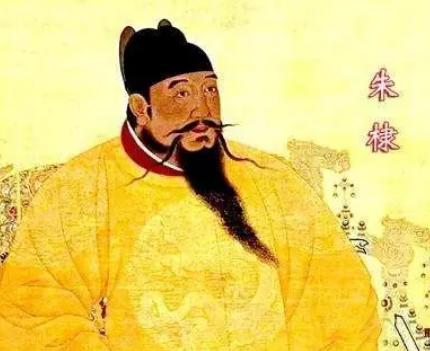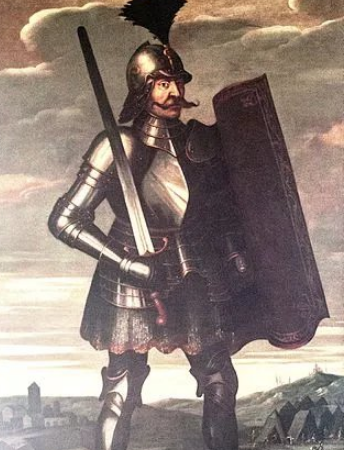Li Mi, a leader of the peasant revolt at the end of the Sui Dynasty, was praised as a general with wisdom and courage. With strong power and great talent, he ultimately failed to unify the country. This article will explore the reasons why Li Mi failed to unify the country from three aspects: historical background, personal reasons, and external factors.

I. Historical Background
1. At the end of the Sui Dynasty, people's livelihood was poor and there was widespread discontent. Li Mi took advantage of this situation and launched the Wagang Army revolt, which was at first very powerful and shook the four corners of the earth. However, at this time, there were not only Li Mi's revolt army, but also other powerful leaders such as Dou Jiande and Wang Shichong who rose up and competed for power. Against this backdrop, it was difficult for Li Mi to unify the country.
2. Although the Sui Dynasty had already fallen, the new regime was not yet stable. The Tang Dynasty had just been established, and Li Shimin had just stabilized the regime. The national politics were stable, and the people's hearts were attached to the Tang Dynasty. Although Li Mi had strong power, he still felt powerless in the face of the national regime.
II. Personal Reasons
1. Although Li Mi had great talent and strategy, he was suspicious and not good at using people. In the Wagang Army, Li Mi was suspicious of his subordinates, leading to brain drain. A number of brave and skilled generals, such as Yang Xuange and Wang Bodang, left him because of his suspicion. This made the strength of the Wagang Army gradually weaken, making it difficult to compete with the Tang Dynasty.
2. Li Mi was too conservative in strategy. In the war against the Tang Dynasty, Li Mi missed many good opportunities. For example, in the Battle of Luoyang, he failed to seize the opportunity and caused the war to stall. Later, in the Battle of Tongguan, he missed another opportunity due to over-caution, ultimately leading to the destruction of the Wagang Army.
III. External Factors
1. The strong power of the Tang Dynasty. Since its establishment, the Tang Dynasty had demonstrated strong national and military strength. Especially after Li Shimin ascended the throne, the national politics were stable, the economy was prosperous, and the army morale was high. Under these circumstances, it was extremely difficult for Li Mi to unify the country.
2. The balance of power among other separatist forces. In addition to Li Mi, there were many separatist forces at the end of the Sui Dynasty, such as Dou Jiande and Wang Shichong, who rose up and competed for power. The existence of these forces made it impossible for Li Mi to monopolize power, and also brought great difficulties for him to unify the country.
Conclusion: The reasons why Li Mi failed to unify the country were influenced by historical background, personal reasons, and external factors. Although he had strong power and great talent, he still could not go against the flow of history and achieve his ambition. However, the life of Li Mi is still worth our respect and memorial.
Disclaimer: The above content is sourced from the internet and the copyright belongs to the original author. If there is any infringement of your original copyright, please inform us and we will delete the relevant content as soon as possible.






























